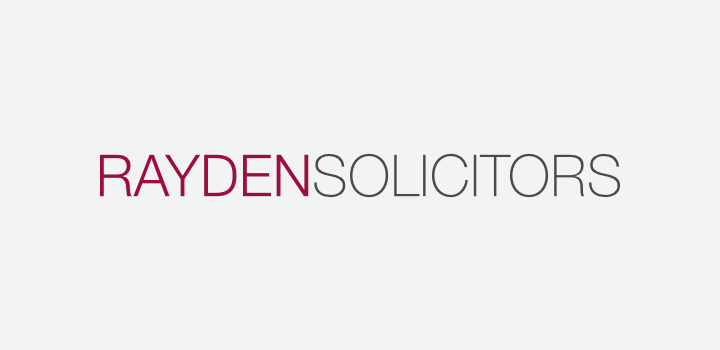Intercountry adoption, resulting in a child making an international move, either from England to another jurisdiction or coming to live in England having been born abroad, is a complex area of law. I have set out in a previous blog post, the routes to recognition of foreign adoption Orders.
In this post I examine the Kafala and its interplay with UK adoption Orders.
The Kafala is an Islamic doctrine which allows a person or family to care for a child without creating a legal/parent child relationship – the relationship created by that Order under Islamic law is most similar to Guardianship, although it is not a guardianship Order and is unique in nature. It is a legal mechanism to enable a family or person who is not a biological parent to care for a child and receive a family-based upbringing whilst respecting Islamic principles.
The Kafala is not an adoption Order. It is unique and distinguishable from the concepts we have in English law as follows:-
- It is a contractual relationship between the applicant/proposed guardian and the Islamic state being asked to make the order or grant the Kafala
- It is a religious and cultural concept that is considered acceptable in many Islamic countries and represents an alternative to an adoption Order. In many Islamic countries adoption is prohibited
- In practice the Kafala is utilised to care for vulnerable children (often where the family they were born into is unable to care) or Orphans
- Unlike adoption:-
- The child concerned typically keeps the name of their birth father and retains the legal relationship with their birth family;
- The child does not have an automatic right to inherit from the person or family caring for them pursuant to the Kafala;
- The Kafala can be revoked under certain circumstances
In certain situations, families habitually resident and/or domiciled in England will wish to obtain a Kafala abroad and bring the child they are caring for to live with them in England, where they may then wish to adopt the child. This is possible as between Morocco and England under the 1996 Hague Convention – there is provision for recognition of a Kafala under Article 23 and in some cases a placement can take place pursuant to Article 33, depending on the facts of the case.
There are several stages in this process, and it is strongly advisable to seek specialist legal advice at the outset. It is important that applicants give the Local Authority the requisite notice, obtain the correct suitability report and approvals. Applicants will also need specialist immigration advice to obtain the correct visa to enable the child in their care pursuant to the Kafala, to enter the UK. In the UK, the Kafala is not automatically recognised and thus an application for a UK adoption Order may be required.
Rayden Solicitors are family law specialists and can assist in adoption cases, please contact us to discuss your situation in confidence.












